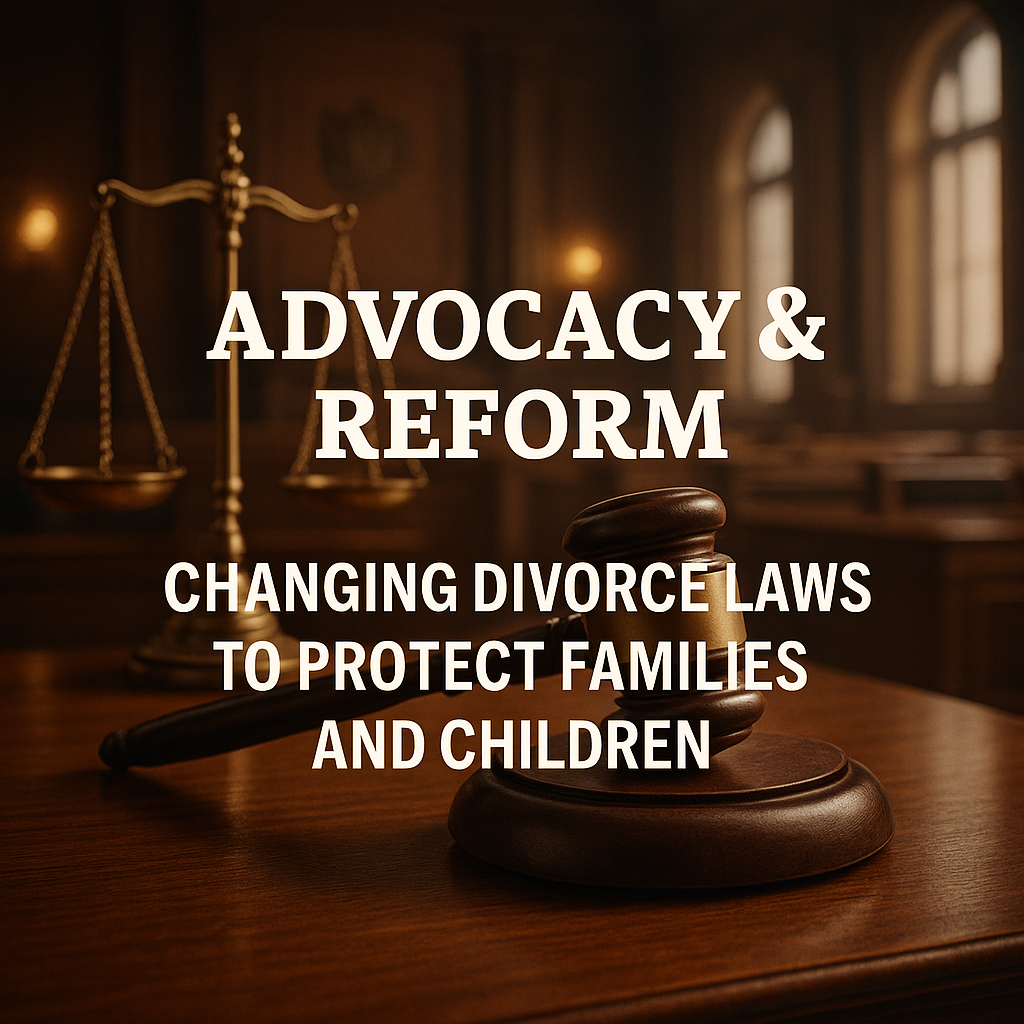
The Call for Change: Why Family Law Needs Reform

The Flaws in the Current System
Across the United States, family courts struggle with underfunding, inconsistent rulings, and a backlog of cases. Judges are often overburdened and may not have adequate time to fully evaluate the nuances of each case. This leads to rushed decisions that can result in unjust custody arrangements, improper handling of domestic violence allegations, and emotional trauma for children.
Many critics argue that the current laws often favor one parent over the other without sufficient examination. Others highlight that protective parents—often mothers—are sometimes penalized for raising legitimate concerns about abuse or neglect.
How Children Are Affected
When courts fail to prioritize the best interests of the child, the consequences can be long-lasting. Children may be placed with abusive or neglectful parents due to outdated notions of parental rights or a lack of investigative resources. The trauma endured by these children can shape their emotional well-being, educational outcomes, and future relationships.
Bias, Inequity, and Misunderstood Abuse
Implicit biases in the legal system can disproportionately harm marginalized communities. LGBTQ+ parents, non-English speakers, and low-income families often face systemic barriers to fair hearings and equitable outcomes. Additionally, psychological abuse, coercive control, and emotional manipulation are frequently misunderstood or minimized in courtrooms, leading to dangerous and uninformed custody decisions.
The Push for Legislative Reform
Advocacy groups and legal experts are pushing for sweeping reforms, including mandatory training for judges on trauma and domestic violence, increased funding for family court services, and a more child-centric approach to custody determinations. Proposed legislation in several states aims to incorporate the voices of children more directly into court proceedings and redefine the standards used to assess parenting fitness.
Organizations like the Center for Judicial Excellence and Safe Kids International are leading the charge, rallying public support and lobbying for stronger protections that could save lives and futures.
Real-Life Impact: Voices from the System
Stories from parents and children who’ve endured the harsh realities of the family law system are both heartbreaking and galvanizing. One mother described losing custody of her children after disclosing abuse, only to see them suffer further harm in the other parent’s care. Another survivor of domestic violence shared how her concerns were dismissed in court, resulting in years of unsafe visitations for her child.
Where Do We Go from Here?
Systemic change won’t come overnight, but the momentum for reform is building. More lawmakers are listening, more survivors are speaking out, and the public is demanding better. A reformed family law system must prioritize safety, equity, and the well-being of children—not outdated ideals or blind legal traditions.
We need transparency, accountability, and a compassionate framework for resolving family conflicts. It’s time to put families—especially children—first in family law.
If you have a story to share or want to contribute to the call for change, we invite you to submit your story here. Your voice matters.
Building a Better Future for Families
As public awareness of the flaws in the family law system continues to grow, the conversation is shifting from frustration to solutions. Community leaders, attorneys, therapists, and survivors are joining forces to create a system rooted in empathy, accountability, and evidence-based practices. A truly reformed family court would provide trauma-informed judges, integrated mental health support, and protections for at-risk individuals — all while reducing costly, drawn-out legal battles that often devastate families emotionally and financially.
Legislators must be held accountable for the consequences of outdated laws and policies that disproportionately affect women, children, and marginalized communities. Every custody decision, protective order, and divorce judgment has the potential to change a life — or endanger it. The stakes are too high to ignore the demand for change.
In the digital age, information is power. Survivors are finding strength by sharing their stories online, pushing petitions, raising funds for advocacy groups, and even running for office themselves. The movement for family law reform is no longer a whisper in the halls of justice — it is a rallying cry echoing across courtrooms, legislatures, and communities everywhere.
Most importantly, we must listen to the people who have lived through the broken system. Their voices — often silenced in courtrooms — carry the wisdom that policy makers need to hear. We must honor their resilience by taking action and demanding a more just and compassionate legal system for all families.
💬 Have a story to share about your experience with the family court system? Help others and inspire change. Submit your own divorce story here.
